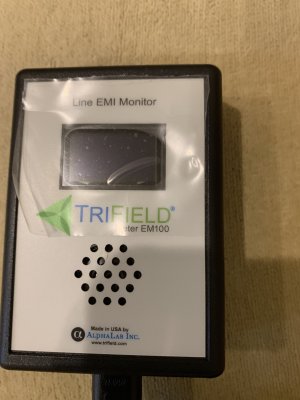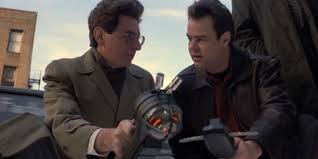Ian
New Member
I bought some new speakers last year & they were bundled with some 'free' QED cables which retail at £100. They're 2m long.
For years I've used some decent no name cable bought on a 50m real from Farnell so I was interested to try these.
Sounded exactly the same to me.
I envy those people who can hear such differences.
For years I've used some decent no name cable bought on a 50m real from Farnell so I was interested to try these.
Sounded exactly the same to me.
I envy those people who can hear such differences.


